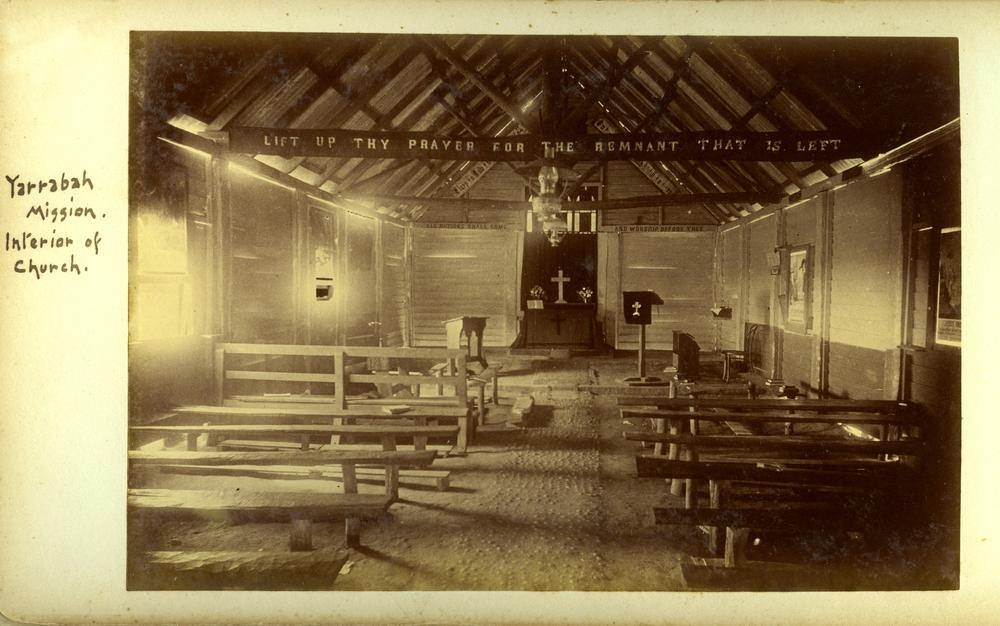
Old sins cast long shadows.
April 22, 2016
Negative Gearing Supports Structural Inequality
May 2, 2016The Royal Commission into Aboriginal Deaths in Custody was established by the Federal government at the end of 1987 to investigate the deaths in custody of 99 Aboriginal people; its final report was made 25 years ago.
While tabling the reports in Parliament, the Minister for Aboriginal Affairs noted that of the 99 people who had died in custody:
• 43 had experienced childhood separation from their natural families through intervention by state authorities, missions or other institutions
• 83 were unemployed at the date of their last detention
• 43 had been charged with an offence at or before the age of 15, and
• only two had completed secondary schooling.
Patrick Dodson, one of the Royal Commissioners entered the Senate today, due to a retirement. Before taking up his position Dodson gave a speech at the National Press Club; in that speech outlined damning statistics about what has changed and what has remained the same since the Royal Commission.
At the time of the Royal Commission, Indigenous Australians constituted 14% of the prison population; now they make up 27% of the prison population, and, in Western Australia, they are currently 38% of the adult prison population.
The number of Australians identifying as Aboriginal and Torres Strait Islander has also increased in that time. In the 1986 census, there were 227,593 people who identified as Aboriginal or Torres Strait Islander. In the last census (2011), there were 548,370.
In 25 years, nothing has changed. A person who identifies as Indigenous is just as likely to be in jail today as they were at the time of the Royal Commission — and ten times more likely than non-Indigenous Australians.
While the Royal Commission did lead to some reforms, it has failed to impact on Indigenous imprisonment rates and it did little to change the underlying causes of Indigenous imprisonment.
In his Press Club speech Dodson outlined one key change which has occurred in the 25 years. At the time of the Royal Commission, Dodson saw police as the main problem. Now, he thinks it’s the legislators who are the problem — attempting to be overly prescriptive to police and judges.
Dodson outlined major issues in Western Australia and the Northern Territory, including mandatory sentencing laws and the NT scheme of paperless arrests which has received the green light from the High Court. Dodson offered a damning assessment of the legal system: ‘For the vast bulk of our people the legal system is not a trusted instrument of justice; it is a feared and despised processing plant that propels the most vulnerable and disabled of our people towards a broken bleak future.’ Dodson pleaded, ‘Surely as a nation we are better than this.’



